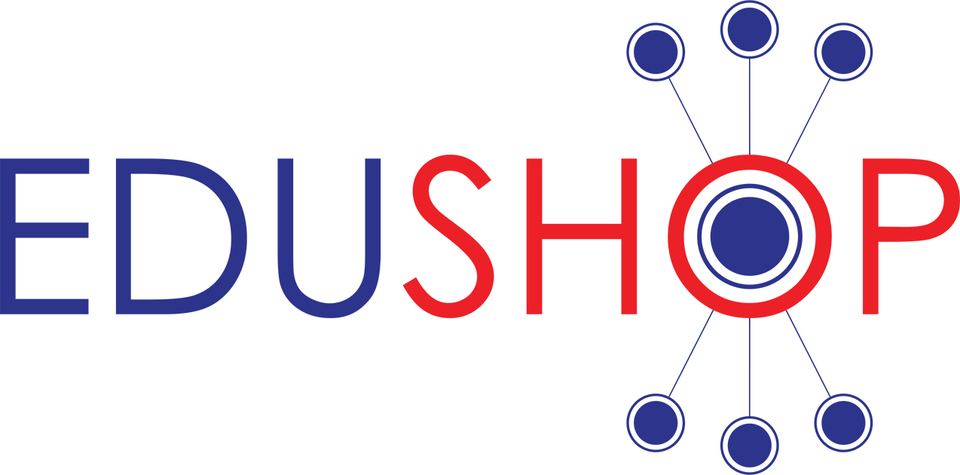- Home
- Numicon NZ Website
- About Us
- Numicon
- Numicon Conference 2025
- Professional Development/Events
- Webinar Recordings
- Login
- Contact
- Join Mailing List
Research
The Numicon programme originates in the UK. A number of different Learning Authorities and organisations in the UK have conducted their own research projects on using Numicon independently from the Numicon company.
To help you appreciate the levels of support in intervention note: Wave 2 is equivalent to NZ moderate needs; Wave 3 is equivalent to students with ORS funding, or are at that level of high learning needs.
Cambridgeshire Local Authority Case Study
A summary of their research during 2006/7, conducting trials in the use of Numicon in the form of 10-week Wave 3 interventions.
This summary was commissioned by the National Teacher Research Panel for the 2004 Teacher Research Conference in the UK
Multi-sensory approach to the teaching and learning of mathematics - Leeds Report
A joint initiative by the Primary National Strategy team, the School Support Service and the Psychology and Assessment Service. Their plan was to develop a Wave 3 programme/package for KS2 and KS3 children, in particular to explore the possibility of using Numicon and other multi-sensory materials as a Wave 3 intervention for pupils in KS2.
Here is an overview of their findings, however, please see the link above to read the full case study.
- Pupils improved their maths skills and visual memory skills (for some this was after a long period not making progress)
- High pupil confidence using the materials, high levels of engagement and enjoyment;
- Participating schools were positive about the approach and materials, and keen to continue using them as Wave 3 group intervention, and with individuals.
Multi-sensory Mathematics for Wave 3 Intervention
A case study by Doncaster Local Authority on the use of multi-sensory approaches, including using Numicon (2007 - 2008). This was run by 6 schools, each identifying 6 pupils who are currently working at least one level below age related expectations and have significant difficulties with maths.
Here is an overview of their findings, however, please see the link above to read the full case study.
- Numicon equipment provides a unique and important structured imagery of the size of numbers and arithmetic processes.
- Children made progress in mathematical knowledge, skills and understanding
- Strong evidence of children’s increased confidence, willingness to 'have a go' and persistence
- Improved enjoyment in mathematics
- Using Numicon equipment and the teaching approach with whole class where appropriate, enhances the effectiveness of use in wave 3 intervention sessions
- Numicon equipment and the teaching approach have relevance for all children and all waves (1, 2 and 3)
Further information can be found on the website, www.numicon.co.nz
The Numicon Project is a collaborative endeavour to facilitate children’s understanding and enjoyment of maths.
The Project was founded in the daily experience of intelligent children having real difficulty with maths, the frequent underestimation of the complexity of the ideas that we ask young children to face and a recognition of the importance of maths to them and to society as a whole.
We appreciate the complexity of these early number ideas and seek to foster the self-belief necessary to achieve in the face of difficulty; we are not about ‘making maths easy’.
We believe that the combination of action, imagery and conversation helps children to structure their experiences, which is such a vital skill for both their mathematical and their overall development.
By watching and listening to what children do and say, we and many others are finding that our developing multi-sensory approach provides learners with the opportunity to play to their strengths, thereby releasing their potential to enjoy, understand and achieve in maths. This enjoyment in achievement is also shared by teachers and parents.
We strive to support teachers’ subject knowledge and pedagogy with teaching materials, training and ongoing feedback as we continue to develop a better understanding of how we can work together to encourage all learners in the vital early stages of their own mathematical journey.
